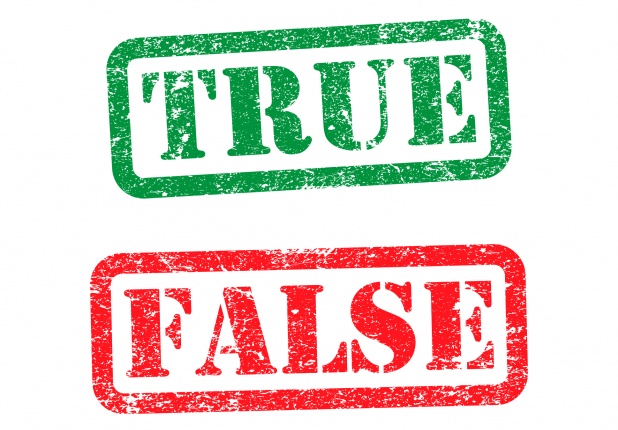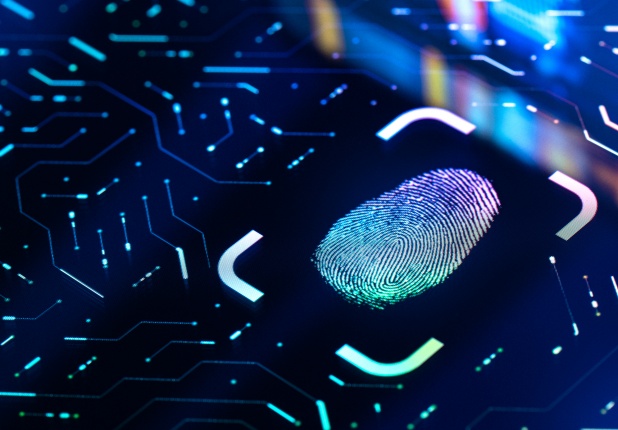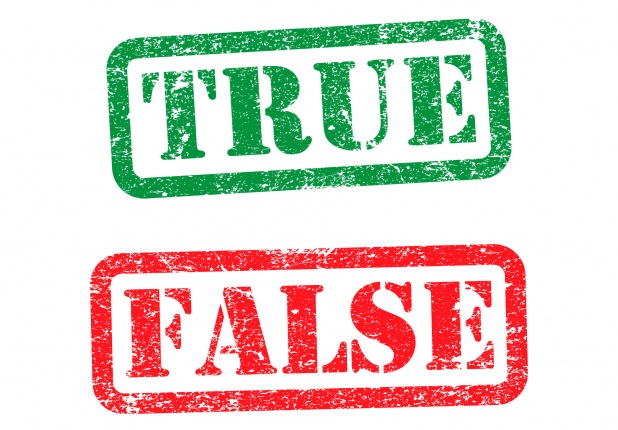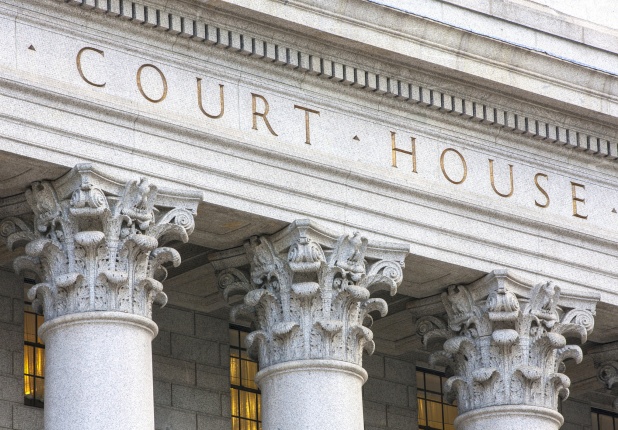And The Truth, or Lack Thereof, Shall Set You Free - PART TWO
In Part Two of this blog series, I discuss lessons learned and provide best practices for complying with discovery obligations. In Part One of this blog series, we analyzed Burris v. JP Morgan Chase & Co., et al., a case in which the Court dismissed Plaintiff's complaint with prejudice because of Plaintiff’s “extensive misconduct and deception, without any obvious contrition or awareness of the wrongfulness of his conduct” which posed a serious risk any further proceedings would be “plagued” by a similar pattern of discovery abuse and deception that would make “it impossible for the district court to conduct a trial with any reasonable assurance that the truth would be available." As litigants and legal practitioners, we can learn from the Court's decision in Burris and ensure we don't make the same mistakes.






